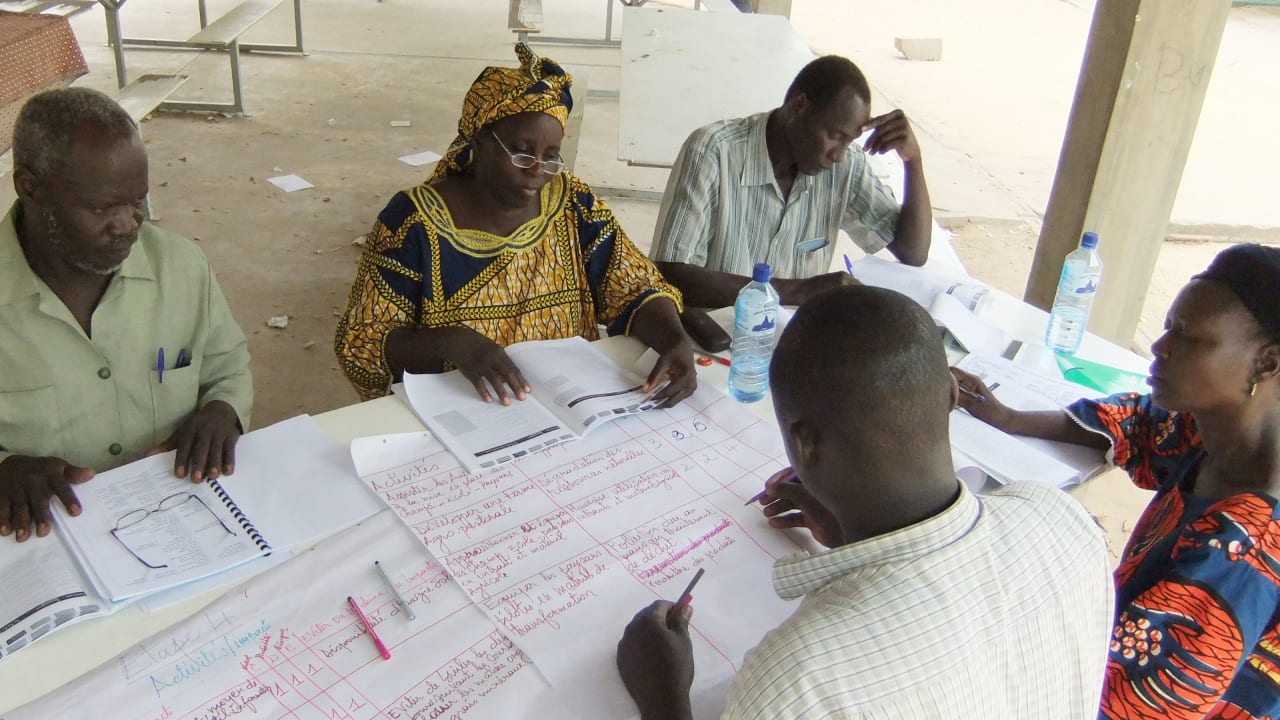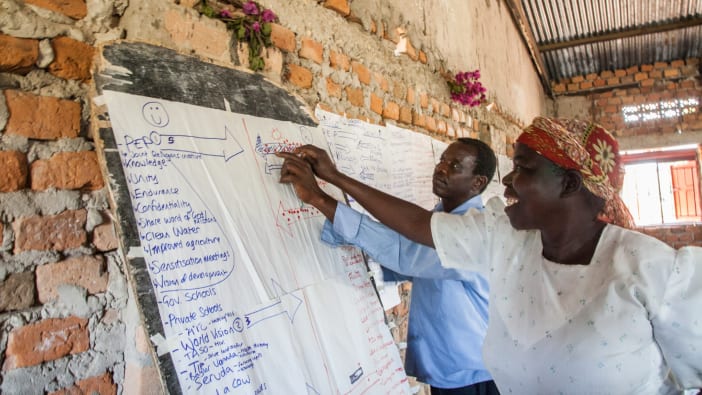The aim of this guide is to help local groups discover how:
- to be an effective group in working and acting together - to improve record- and note-keeping
- to enhance the communication and openness within a group
- to take positive, autonomous action without outside intervention
Anticipated outcomes:
- local groups encouraged to gain confidence in their own ability to make changes for the better within their own communities
- groups enabled to keep better records of their activities and to make use of this information for future planning and evaluation
- use, sharing and networking of information encouraged
- groups helped to plan for the future through organising activities and action









